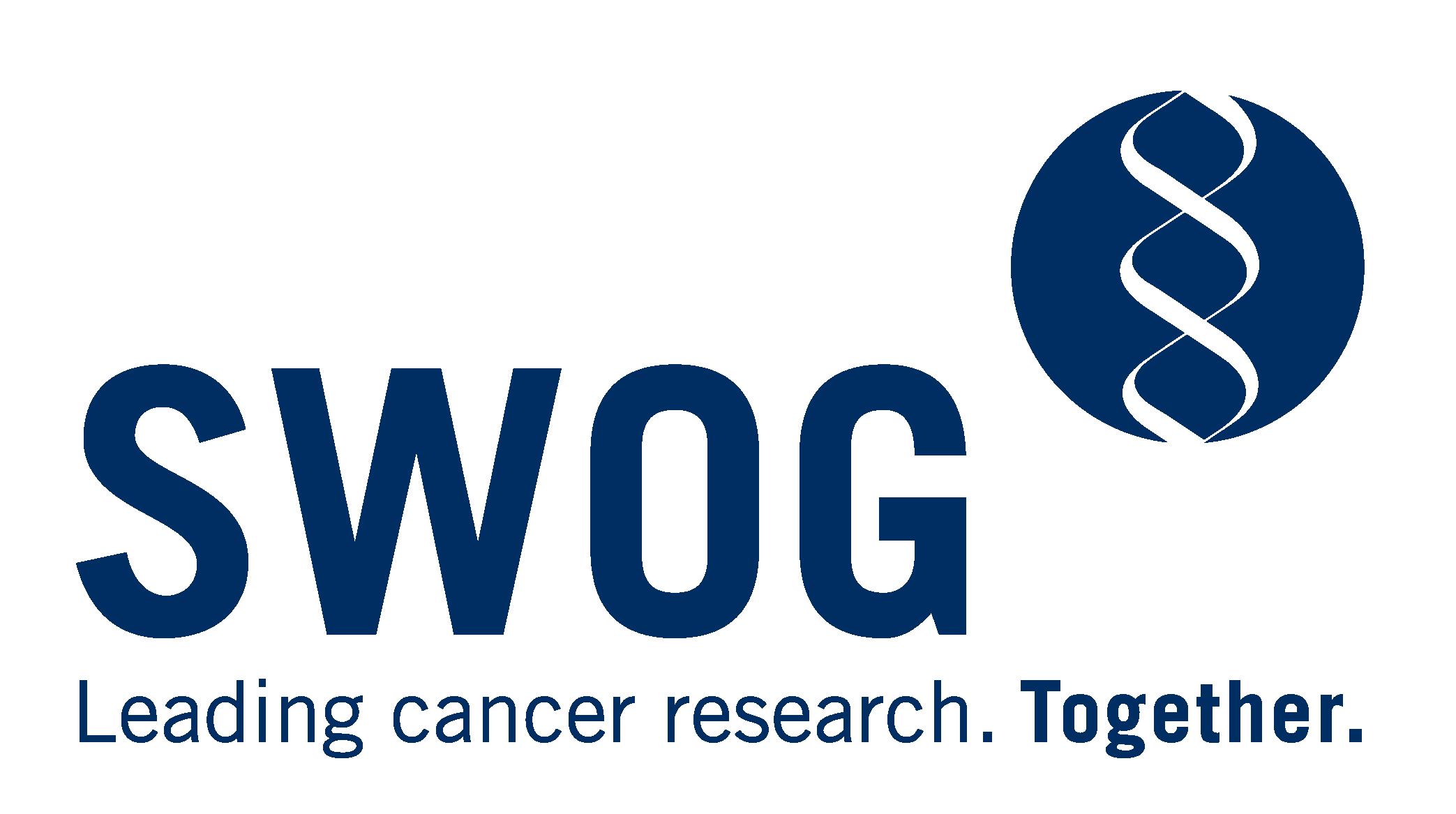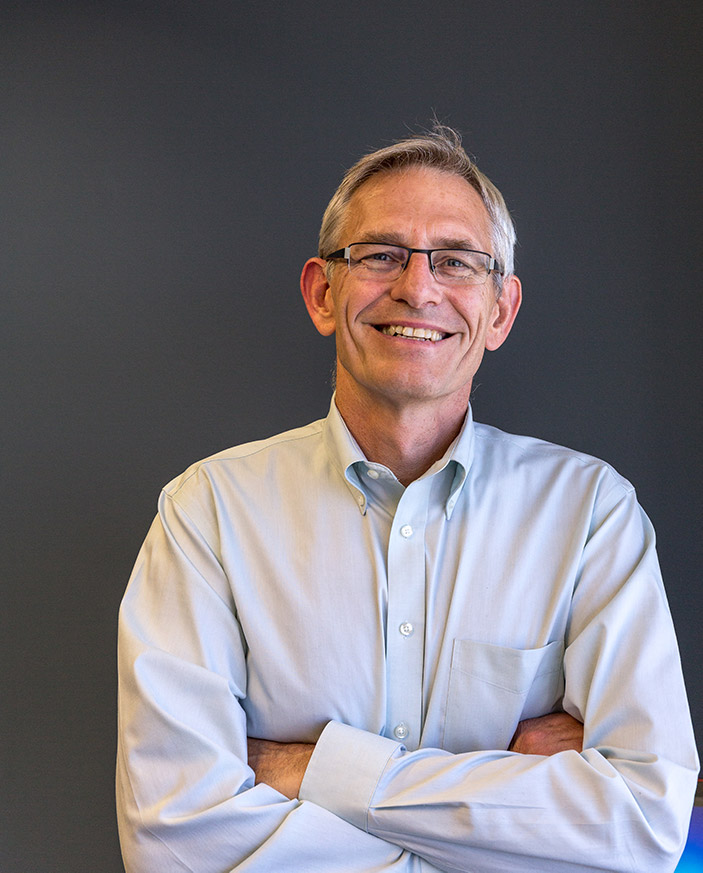Because answers to cancers come from clinical trials
Since 1956, more than 200,000 participants have enrolled in SWOG-led studies; the resulting advancements in treatment and prevention have improved the lives of millions more.
Why Cancer Clinical Trials? from The Hope Foundation on Vimeo.
More about the group:
- SWOG has roughly 5,000 affiliated physician researchers – along with a similar number of nurses, clinical research associates, and other oncology research professionals – participating at more than 900 institutions, most in the United States, but a number in Canada, Mexico, South Korea, Peru, Colombia, and several other countries as well.
- Among SWOG’s member sites are 32 National Cancer Institute-designated cancer centers, as well as many leading university medical centers, private oncology practices, community hospitals, and community-based physician cooperatives.
- Among the roughly 70 SWOG studies now underway are many testing new targeted therapies that show promise in blocking cancer-promoting genes and cellular processes while sparing healthy cells. Others break new ground as they test ways to tailor cancer treatment to a patient’s individual needs and genetic makeup. Still others examine ways to prevent cancer.
- An average of 5,000 cancer patients and healthy participants enroll each year in SWOG studies, and approximately 20,000 more are involved in ongoing clinical trials.
- SWOG’s Biorepository holds more than 600,000 specimens with associated clinical data. Major new findings regularly emerge from research using these resources, long after the clinical trials during which they were collected have been completed and published.
- At least 12 significant new drugs – including drugs for lung cancer, ovarian cancer, breast cancer, colon cancer, and leukemia – have won FDA approval in recent decades based on SWOG trial results.
- Results of SWOG studies are reported at major medical conferences or published in leading medical journals at an average rate of twice a week.
- SWOG conducts many large trials such as the Selenium and Vitamin E Cancer Prevention Trial (SELECT), a prostate cancer prevention study that enrolled more than 35,000 men. But the group also leads groundbreaking phase I and phase II studies to test new targeted therapies, and biospecimen studies that make use of the latest discoveries in cancer genetics.
—
The Hope Foundation partners with SWOG to fund studies in lung, breast, gastrointestinal, and genitourinary cancers, as well as melanoma, myeloma, leukemia, lymphoma and rare diseases. We support the group’s initiatives across disease areas, such as translational medicine – basic science and genetic research with the potential to revolutionize cancer care. We fund research grants and fellowships, training events, physician education, and patient advocacy.


